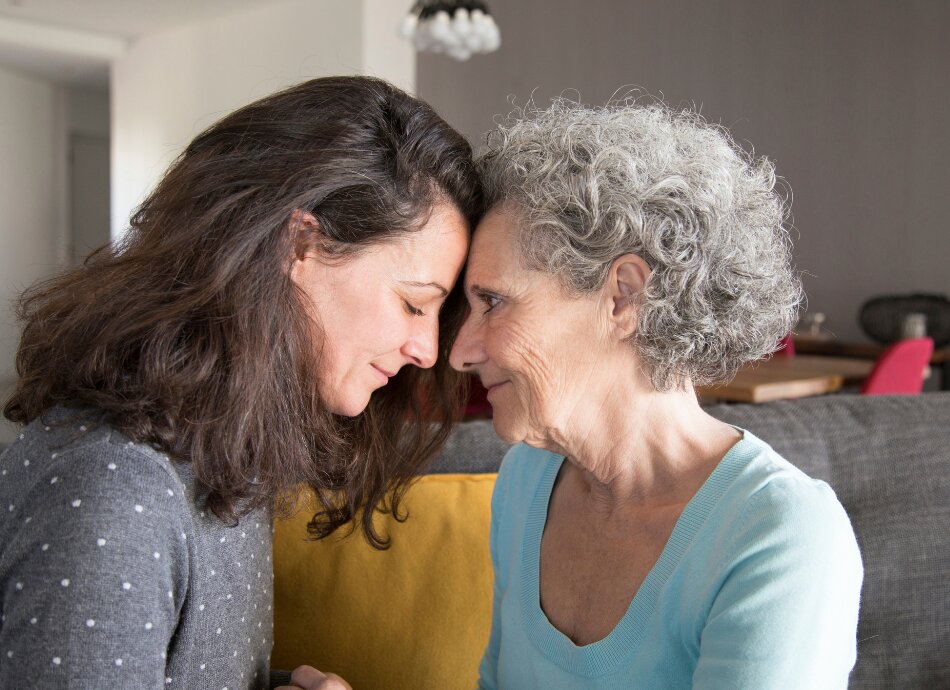Some of the symptoms of an acute crisis include:
- extreme pain
- bleeding
- dizziness
- fits
- sudden chest pain
- sudden shortness of breath
- sudden abdominal pain
- weakness of your arms or legs
- feeling really unwell
- disorientation (confusion).

Low or no data? Visit zero.govt.nz, scroll down the page then click on our logo to return to our site and browse for free.

Some of the symptoms of an acute crisis include:
If you have planned what to do beforehand then you will know who to call. Otherwise it may be appropriate to call the local hospice if you are under their service, or call an ambulance or go straight to hospital.
Before treatment is given, your doctor or ambulance officer may ask you some questions about your wishes, whether you want to be admitted to the hospital or receive medication, and whether you have any advance care plan. Read more about advance care planning.
You may be prescribed medication through your vein (intravenous), the fatty tissue layer under your skin (subcutaneous) or under your tongue (sublingual) to address the immediate situation. Common medications that may be given to you include:
If you are not already in hospital, you may be admitted to hospital and receive medication.
It can be scary if you experience any of the conditions above. Talk through your feelings with your family/whānau members or health professionals taking care of you. You may want to write an emergency letter and instructions [DOCX, 24 KB] to be passed on to other health professionals involved in your care. You can do this with help from your whānau and primary healthcare provider.
Below are some support services and information for people affected by cancer and their family/whānau:
Emotions and cancer(external link) Cancer Society of NZ
How we can help(external link) Cancer Society of NZ
NZ cancer services - find a hospital/service near you(external link) Healthpoint, NZ
More cancer support groups
10 myths about palliative care [PDF, 585 KB] Te Omanga Hospice
See our page Palliative care for healthcare providers
Credits: Healthify editorial team. Healthify is brought to you by Health Navigator Charitable Trust.
Reviewed by: Dr Sara Rishworth, palliative care specialist
Last reviewed:
Page last updated: